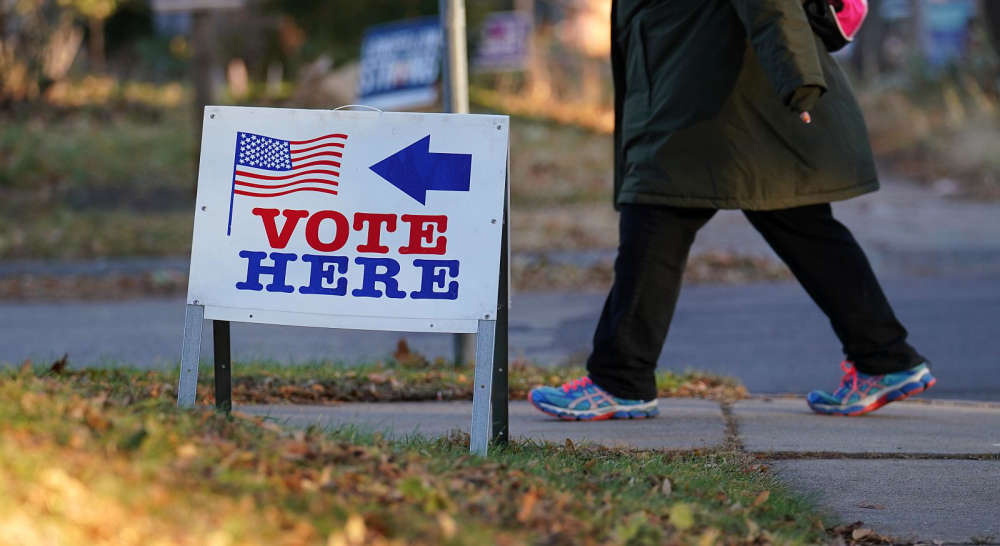
Congressman Jim Baird (IN-04) introduced the Preventing Auto Recycling Thefts (PART) Act to reduce catalytic converter thefts by marking identifying information on catalytic converters, addressing how the parts are purchased, and strengthening enforcement of catalytic converter theft for local law enforcement.
Congresswoman Betty McCollum (D-MN-04) joined Congressman Baird in introducing this legislation.
“Each year, thousands of Americans face costly repairs to their vehicles as catalytic converter thefts have surged nationwide,” said Congressman Baird. “These thefts can have devastating financial consequences on Americans and business owners, and it has become a significant problem in Central Indiana. I first introduced the PART Act after hearing from numerous constituents and local law enforcement officers about the growing prevalence of catalytic converter thefts. I am proud to introduce this bill to take action on this pressing issue by closing the loopholes in our legal system that allow thieves to steal this essential car part and empowering law enforcement to hold these thieves accountable. I also thank Congresswoman Betty McCollum for her continued work with me on this critical issue affecting Hoosiers and Americans across the country.”
“Catalytic converter theft continues to be a common and costly problem for drivers across the nation, and specifically in the Twin Cities,” said Congresswoman McCollum. “I am pleased to join my Republican colleague, Rep. Baird, in reintroducing the PART Act. By working with auto manufacturers in writing the regulations to properly track catalytic converters, the PART Act gives law enforcement the tools they need to prevent this crime. I look forward to working with my colleagues in the House and Senate to pass this vital legislation.”
Congressman Baird and Congresswoman McCollum were also joined by Representatives Brian Babin (TX-36), Buddy Carter (GA-01), Jim Costa (CA-21), Angie Craig (MN-02), Debbie Dingell (MI-06), Seth Magaziner (RI-02), and Tracey Mann (KS-01) in the introduction of this legislation.
Background:
A catalytic converter is a car part used to reduce the potency of toxic emissions from an internal combustion engine and is a component required for compliance with the Clean Air Act. Catalytic converters are constructed using precious metals such as rhodium, platinum, and palladium, and can be sold to scrap dealers for hundreds of dollars. Replacement of these parts can be very costly for vehicle owners, with many replacements ranging from $500 to $2,300. In some cases, the cost of a catalytic converter theft may even be enough for a total loss to a vehicle.
The theft of catalytic converters has become increasingly prevalent over the past few years, plaguing vehicle owners, scrap yards, and law enforcement officials in communities across the United States. According to the National Insurance Crime Bureau, the number of reported catalytic converter thefts rose from 3,389 in 2019 to over 64,000 in 2022, though the rate declined in 2023 to 21,200 thefts. Law enforcement officers still only have limited tools to curb thefts as current policy leaves many advantageous loopholes for criminals to exploit. A lack of criminal code in regard to the trafficking of these stolen parts means that law enforcement must catch a criminal in the act of removing the part in order to prosecute a case.
The PART Act seeks to reduce catalytic converter thefts by allowing law enforcement officers to link stolen parts to the vehicle from which they originate by requiring new vehicles to have a unique identifying marker stamped onto the converter, creating a grant program through which entities can stamp these markers onto catalytic converters of existing vehicles, improving record keeping standards for purchasers of used catalytic converters, and establishing enforceability of laws around catalytic converter theft by codifying these crimes as a criminal offense.


 Greencastle FD presented token of appreciation
Greencastle FD presented token of appreciation
 Lucas Oil named title partner of 500 Festival Parade
Lucas Oil named title partner of 500 Festival Parade
 Applications open for new United Way of Central Indiana initiative to build community solutions
Applications open for new United Way of Central Indiana initiative to build community solutions
 New nature preserve dedicated in Owen County, another expanded in Lake County
New nature preserve dedicated in Owen County, another expanded in Lake County
 Utilities District of Western Indiana REMC announces increases over next three years
Utilities District of Western Indiana REMC announces increases over next three years
 Friday is National Wear Red Day
Friday is National Wear Red Day
 Owen Valley HS receives FEMA grant for repair from 2025 Spring storms
Owen Valley HS receives FEMA grant for repair from 2025 Spring storms
 One week left to file for office in Indiana
One week left to file for office in Indiana

